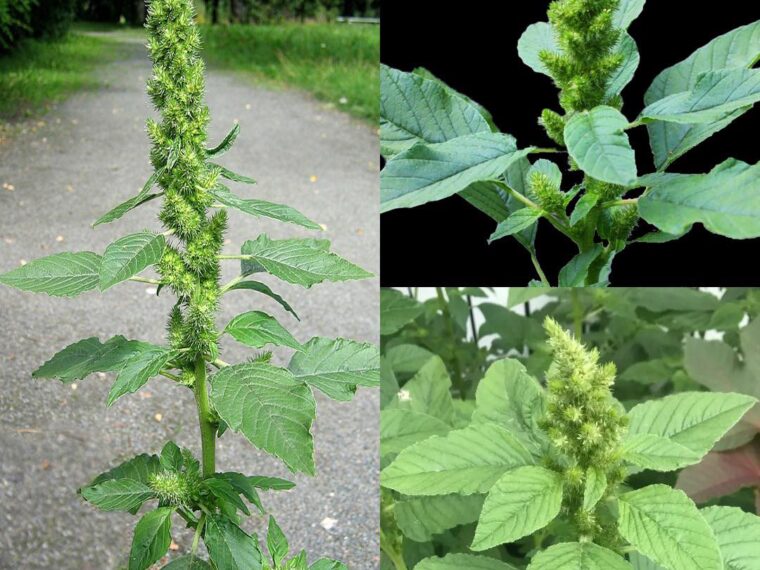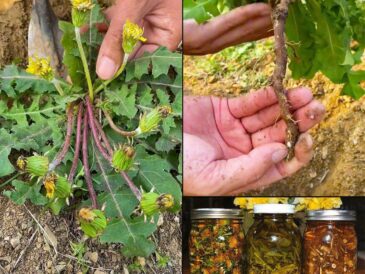In gardens and backyards across the world, pigweed (also known as Amaranthus or redroot pigweed) is often dismissed as an invasive, pesky weed that seems to pop up overnight. Most people yank it out without a second thought, eager to clear their vegetable patches or flower beds. However, this resilient plant, often thrown away as waste, is actually a hidden treasure trove of nutritional and medicinal benefits. Before you pull out and toss pigweed on your next gardening spree, take a moment to discover why this humble plant deserves more recognition.
What Is Pigweed?
Pigweed is a common plant found in many regions of the world, particularly in North and South America, Africa, and parts of Asia. It typically grows in disturbed soil, which is why it often appears in gardens, fields, and even alongside roads. With its spiny stems, broad leaves, and reddish-pink roots, pigweed may look unassuming, but it has been revered by many cultures for centuries.
Historically, Amaranthus was cultivated by ancient civilizations such as the Aztecs and Incas, who valued it for its nutritional properties. Today, it is considered both a wild edible and a superfood, rich in essential nutrients.
Nutritional Powerhouse
One of the most remarkable features of pigweed is its nutritional value. While many overlook it as a weed, pigweed is actually one of the most nutritious leafy greens you can find.
1. Rich in Protein
Unlike most common leafy greens, pigweed contains a significant amount of protein, including all the essential amino acids. This makes it particularly valuable for vegetarians and vegans who may struggle to find plant-based sources of complete protein. In fact, the seeds of pigweed, known as amaranth grains, are considered a superfood due to their high protein content.
2. Loaded with Vitamins and Minerals
Pigweed leaves are packed with essential vitamins like vitamin A, C, and K, which are vital for immune function, skin health, and bone strength. It is also a great source of calcium, iron, and magnesium. The high iron content, in particular, makes pigweed beneficial for people who suffer from anemia or low iron levels.
3. High in Fiber
The leaves of pigweed are rich in dietary fiber, which aids digestion and helps maintain healthy cholesterol levels. Adding pigweed to your meals can improve gut health and contribute to overall cardiovascular health.
4. Antioxidant Properties
Pigweed contains powerful antioxidants that help protect the body from oxidative stress and inflammation. These compounds reduce the risk of chronic diseases such as heart disease, diabetes, and even certain cancers.
Medicinal Benefits of Pigweed
TO CONTINUE READING THE ARTICLE PLEASE SEE PAGE 2




